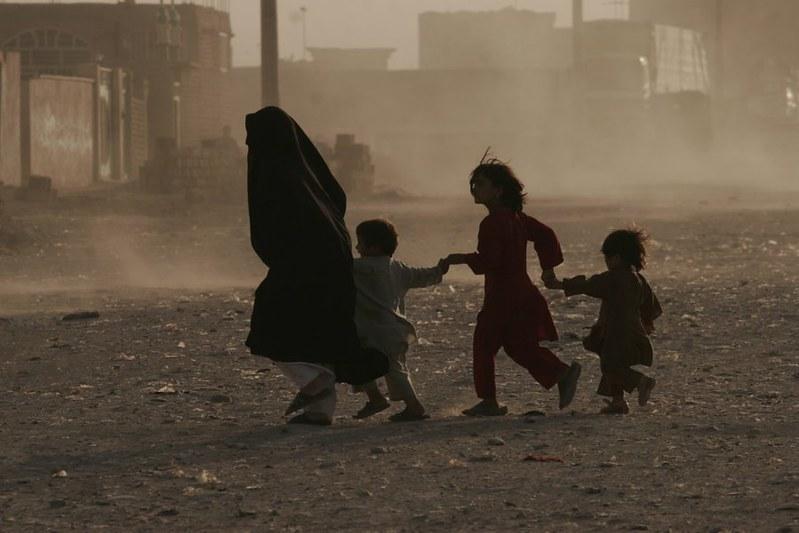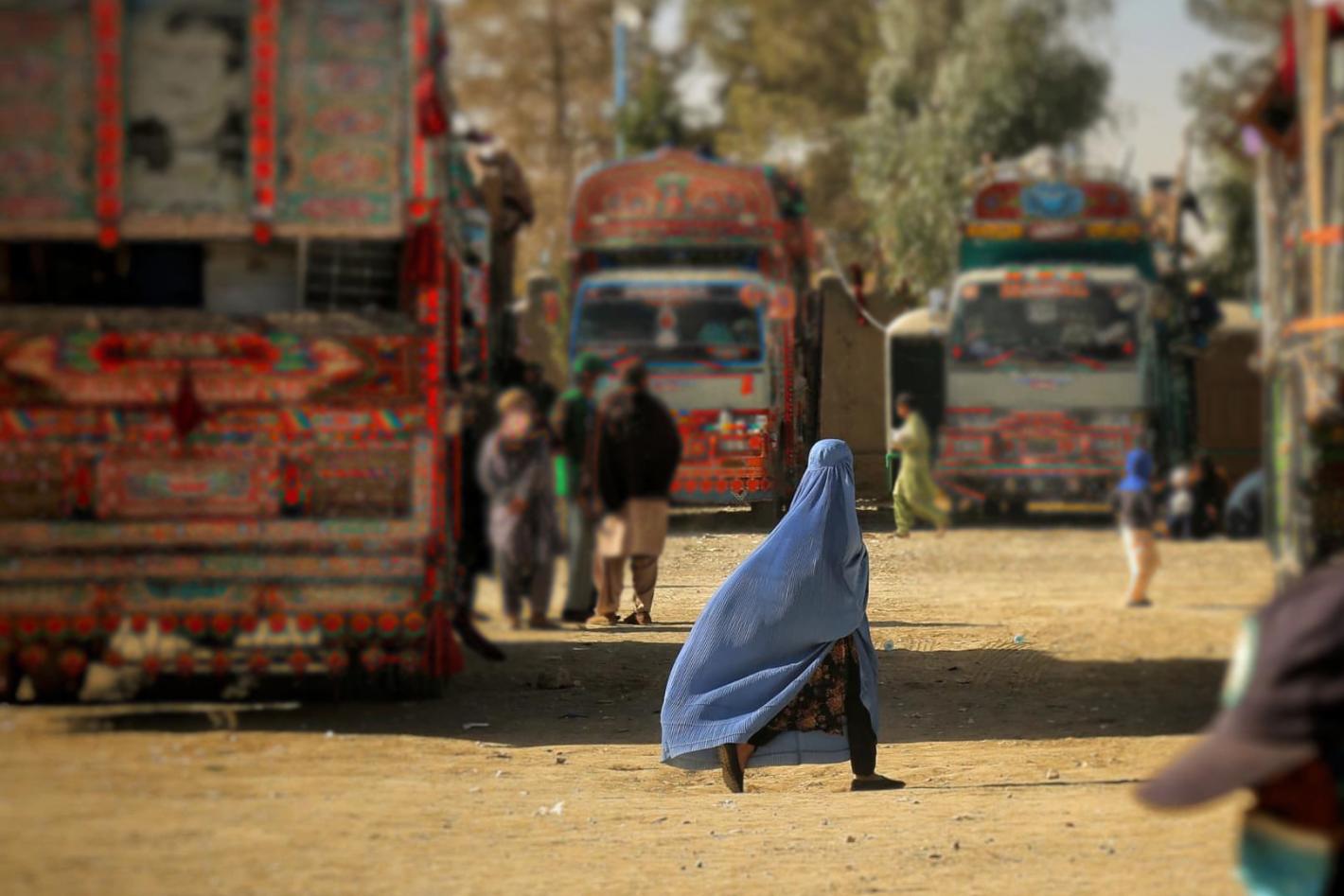KABUL - “As the conflict intensifies and spreads, it is taking an increasingly heavy toll on civilians,” says the United Nations Assistance Mission in Afghanistan (UNAMA) in a mid year report released Friday on the situation of civilians in armed conflict in 2009. دری - پشتو
The report, compiled by UNAMA's Human Rights Unit, draws on extensive, independent, and impartial monitoring and investigation of incidents involving the loss of life or injury to civilians in conflict zones. Such analysis, compiled every year since 2007, is geared to identifying trends as well as measures needed to pre-empt the loss of life and enhance the protection of civilians.
UNAMA recorded 1,013 civilian deaths in the first six months of 2009, an increase of 24 per cent as compared to the same period in 2008. “Both anti-government elements (AGEs) and pro-government forces (PGFs) are responsible for the increase in civilian casualties,” states the report. However, more civilians are being killed by the armed opposition than by the Afghan security and international military forces, indicate the UN figures.
Between January and June 2009, 59 per cent of civilians (595 deaths) were killed by AGEs and 30.5 per cent (310 deaths) by PGFs. “This represents a significant shift from 2007 when PGFs were responsible for 41 per cent and AGEs for 46 per cent of civilian deaths”. This points to the need for all parties to the conflict, particularly the armed opposition which is responsible for the majority of avoidable deaths, to take all necessary measures to avoid the killing of innocent civilians.
Operations carried out by the Government of Afghanistan and its allies “have resulted in a rising toll in terms of civilian deaths and injuries and destruction of infrastructure, including homes and assets, which are essential for survival and the maintenance of livelihoods,” states the report.
UNAMA Human Rights notes that a high priority has been given by international military forces to minimising the number of civilian casualties. However, despite those efforts, “airstrikes remain the largest cause of civilian deaths attributed to PGF during the first six months of 2009,” with 40 incidents of airstrikes since the beginning of 2009 in which 200 civilians reportedly lost their lives.
Throughout 2009, says the report, “there has been a greater openness displayed by the international military forces, in particular ISAF (International Security Assistance Force), concerning specific incidents and a greater willingness to acknowledge civilian casualties and the details of the incidents which caused them.” However, “certain issues continue to be of concern. These include the level of transparency of the international military forces and their capacity or willingness to provide information to UNAMA.”
Regarding the armed opposition, the reports describes a shift in tactics from frontal or ambush attacks on PGFs, to insurgent or guerrilla type activities, including asymmetric attacks such as suicide, car and road side bombs (which remain the main cause of civilian deaths in the conflict), and targeted assassinations, “a continuing trend seen through 2008 and into the first six months of 2009.”
Between January and June 2009, 595 civilian deaths were attributed to AGEs activities; 400 of those casualties were the result of indiscriminate use of improvised explosive devices and suicide attacks. This represents 67 per cent of all deaths attributable to the armed opposition.
“AGEs operations are frequently undertaken regardless of the impact on civilians in terms of deaths and injuries or destruction of civilian infrastructure,” says UNAMA Human Rights. “Information suggests that AGEs are basing themselves in civilian areas so as to deliberately blur the distinction between combatants and civilians, and as part of what appears to be an active policy aimed at drawing a military response to areas where there is a high likelihood that civilians will be killed or injured.”
As the conflict intensifies, civilians bear the brunt of the fighting. In addition to the sharp increase in civilian deaths, vulnerable groups are also suffering in terms of destruction of vital infrastructure, loss of income and earning opportunities, and deterioration of access to essential services.
The United Nations calls on all parties to the conflict, the government of Afghanistan, and the international community to take action to ensure that obligations under international humanitarian law and international human rights law are observed and that the impact of the conflict on civilians is minimized.
Website: Office of the High Commissioner for Human Rights






